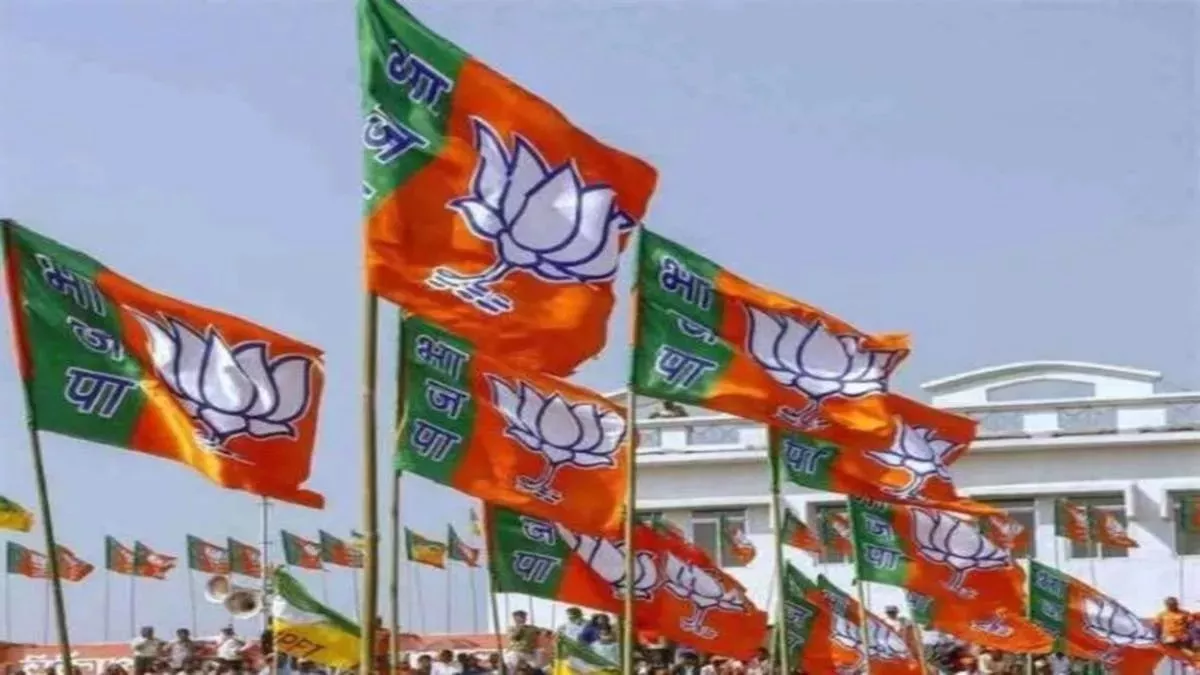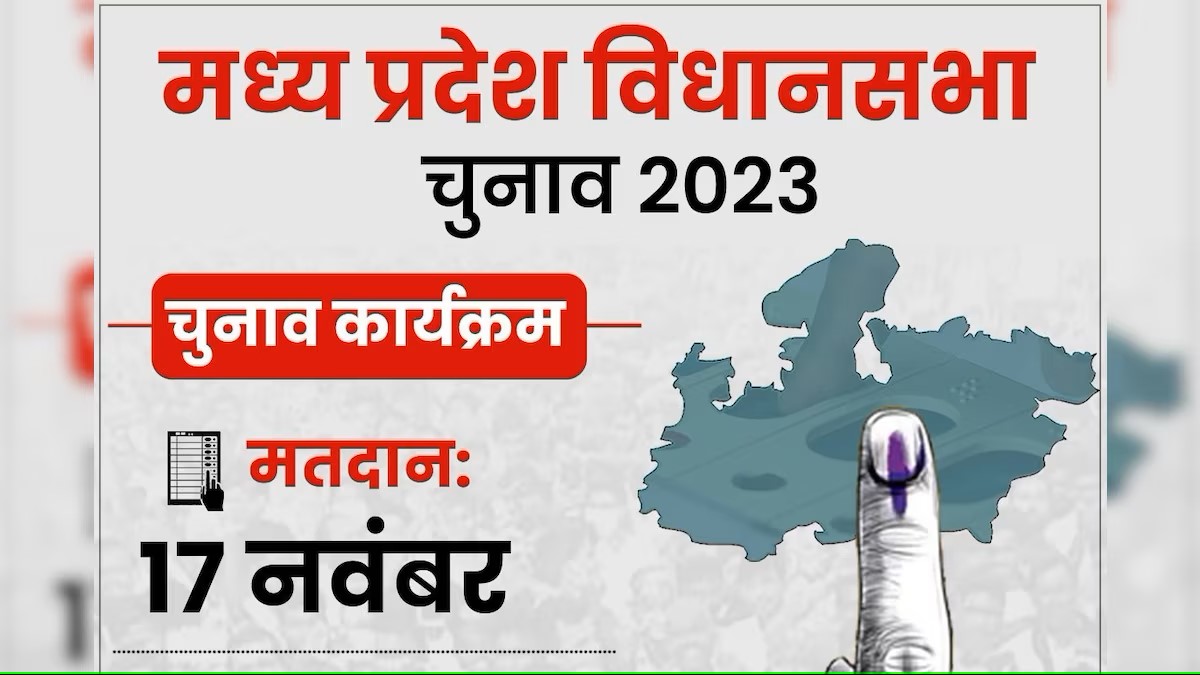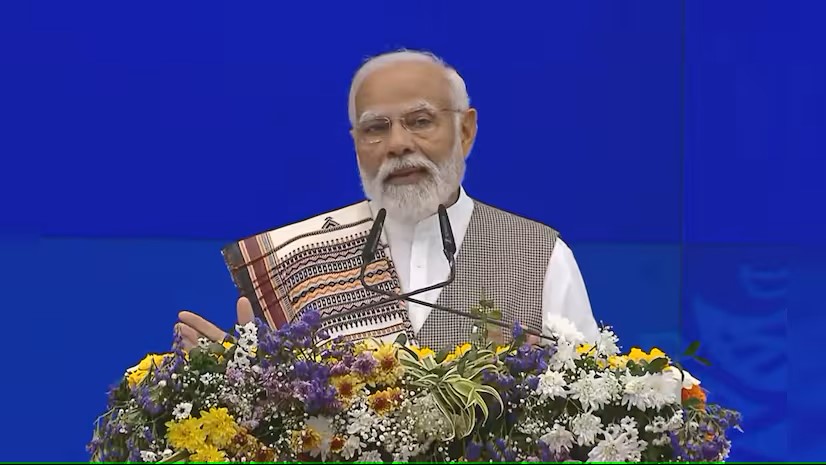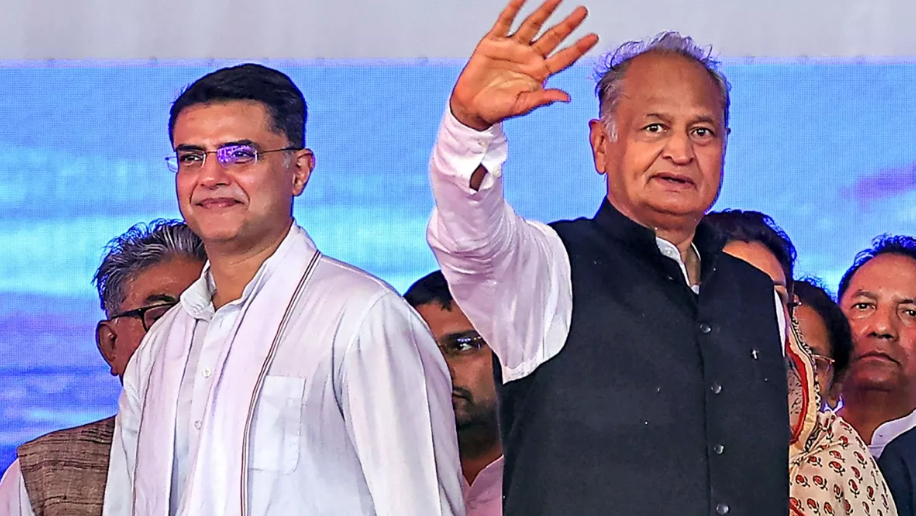As India stands on the precipice of its 2024 Lok Sabha elections, the political landscape is abuzz with anticipation and heated rhetoric. The recent exchange between the BJP and Congress, where Prime Minister Modi praised former PM Manmohan Singh in the Rajya Sabha followed by the release of a critical white paper on the UPA’s economic policies, only serves to highlight the two dominant themes expected to shape the campaign: religion and the economy.
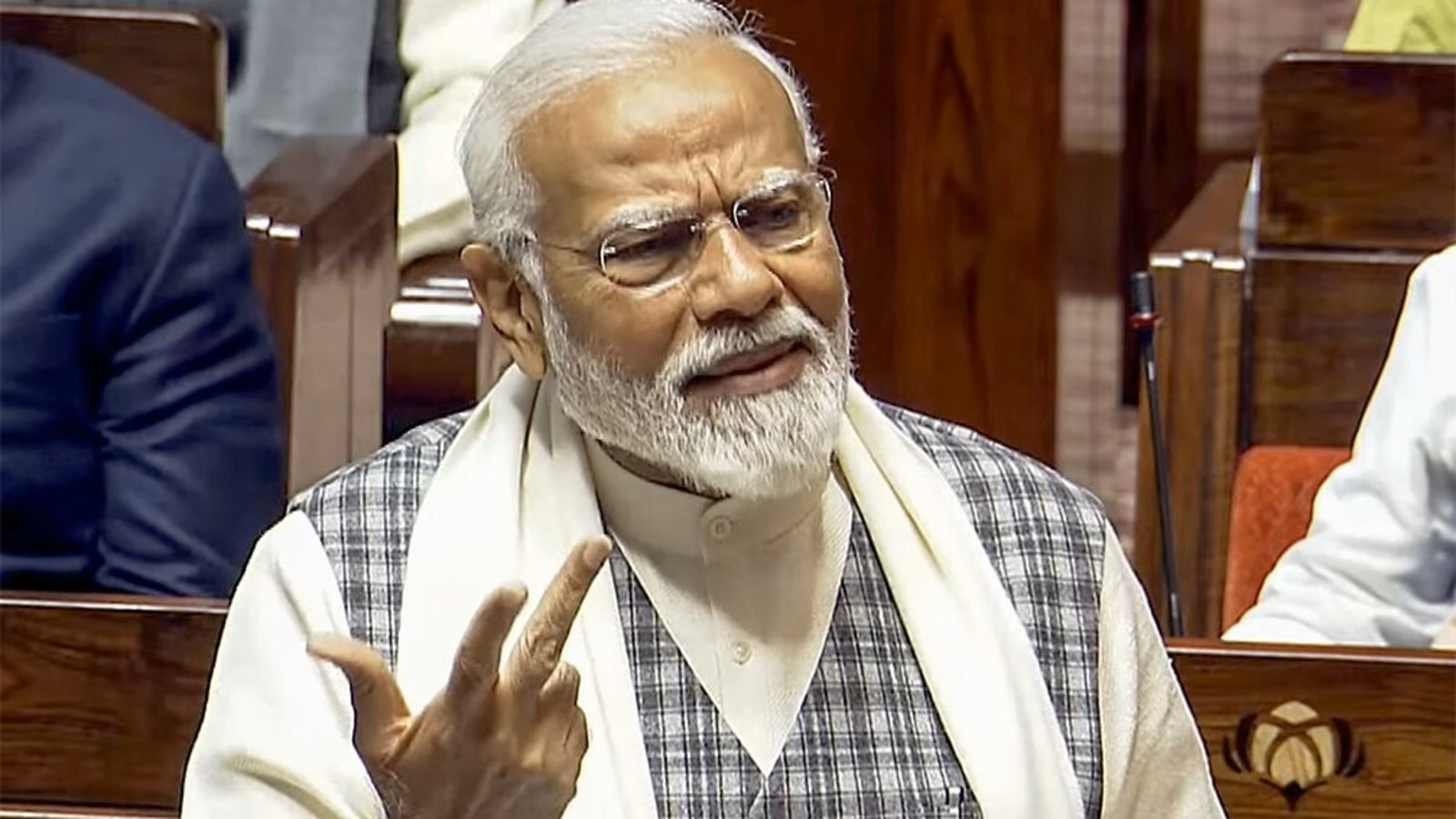 The BJP has traditionally used its affiliation with Hinduism as a key pillar of its political identity. The recently completed construction of the Ram Mandir remains a potent symbol for its supporters, potentially mobilizing them around issues of cultural preservation and religious pride. However, it’s crucial to recognize that India’s religious landscape is diverse, and while the BJP may leverage Hindu sentiments, other parties may focus on uniting religious minorities or emphasizing secular values.
The BJP has traditionally used its affiliation with Hinduism as a key pillar of its political identity. The recently completed construction of the Ram Mandir remains a potent symbol for its supporters, potentially mobilizing them around issues of cultural preservation and religious pride. However, it’s crucial to recognize that India’s religious landscape is diverse, and while the BJP may leverage Hindu sentiments, other parties may focus on uniting religious minorities or emphasizing secular values.
On the other hand, the ever-present spectre of inflation looms large for many citizens. Rising prices of essential commodities like food and fuel are directly impacting household budgets, potentially leading to dissatisfaction with the current government’s economic policies. While the white paper released by the BJP criticizes the UPA’s economic record, Congress and other opposition parties are likely to counter with their narratives, promising solutions to alleviate the financial stress felt by ordinary citizens.
It’s important to remember that these two issues, religion and the economy, are not mutually exclusive domains for voters. Individual priorities and regional contexts will play a significant role in shaping voter preferences. Some may prioritize religious identity or cultural values, while others might be swayed by economic concerns and promises of better livelihoods. Additionally, regional parties with localized agendas and promises may carve out their niches in the electoral landscape.
As voters navigate this complex political landscape, it’s crucial to move beyond simplistic slogans and humorous portrayals. Engaging in thoughtful discussions, listening to diverse perspectives, and critically analyzing the promises made by different parties are essential steps in making informed decisions. Fact-checking, understanding the nuanced realities of various communities, and analyzing policy proposals with a discerning eye are key to responsible voting.
The 2024 Lok Sabha elections hold immense significance for India’s future trajectory. The choices made by voters will not only determine which party governs the nation but also shape the direction of its social, economic, and religious policies. By actively engaging in the democratic process, seeking nuanced information, and holding candidates accountable, citizens can ensure that their voices are heard and their aspirations are reflected in the decisions that shape their future.

